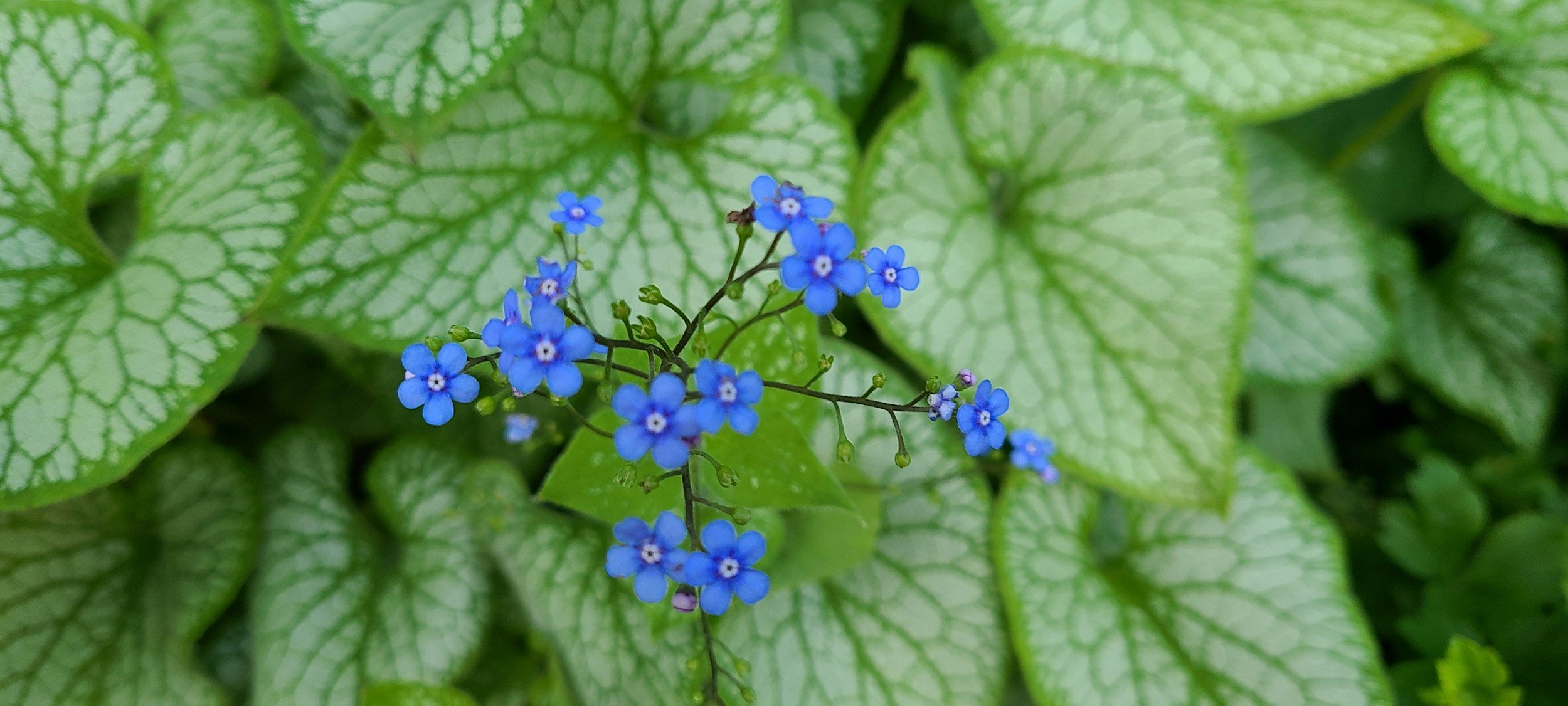4 Ways to Manage Anxiety Holistically
Anxiety + The Nervous System
As a result of the mind and body connection, anxiety is both a physical and a mental experience. When we experience anxiety, our nervous system is in the mobilized state (sympathetic activation).
“The symptoms of anxiety in the body are created by the activation of the somatic and autonomic nervous systems” (Wehrenberg & Prinz, 2007).
We may experience a racing heartbeat, shallow breathing, exhaustion, difficulties with sleep, digestive issues, achy muscles or muscle tension, and low immune functioning. Long-term experiences of anxiety can have significant impacts on our nervous systems’ ability to regulate, our emotional states, as well as on our physical health. It can increase the risk of chronic conditions, like:
Chronic illness
Digestive disorders
Insomnia
Nerve pain
High blood pressure
Migraines
Finding ways to regulate your nervous system and manage anxiety is a holistic way to improve the health of our minds and bodies.
So, How can I manage anxiety holistically?
1. Through your breathing
Your vagus nerve runs through several major organs, including your lungs. When we utilize breathing techniques and engage in breathwork, we are able to regulate our nervous system and improve our vagal tone. Breathing can be a wonderful holistic tool to manage anxiety because our breath is always with us.
“We propose that the ANS is modulated by breathing so that in sympathetic dominant states like stress and anxiety, slow-deep breathing techniques and meditation can shift sympathetic dominance to parasympathetic dominance” (Jerath, et. al, 2015).
Let’s try out a breathing technique together, box breathing (also called square breathing) is a breathing technique that can be used to manage anxiety, reduce stress, and bring yourself back to the present moment. Try this technique out and notice anything about your mind, body, or mood that shifts as you do this practice.
2. Cold exposure
Cold exposure activates the parasympathetic nervous system and stimulates your vagus nerve. Cold exposure can be done in a few different ways, find what works best for you in moments of anxiety as well as for consistent practice.
“As you repeat your cold water exposures, your body prolongs the need to instigate your fight, flight and freeze response (sympathetic nervous response) and this approach is then brought into your daily life. You will start to notice that your response to normal stresses (running late, no phone signal, or screaming kids) also improves” (Caffrey, 2019).
Ways to practice cold exposure:
Splashing cold water on your face or running your hands under cold water
Running an ice cube over your face and neck
At the end of your shower, turn the temperature to cold for the last 30-60 seconds
3. MOvement
Movement can result in a number of benefits for us mentally as well as physically. Whether movement for you looks like walking, stretching, exercise, or yoga it can be another way to manage symptoms of anxiety.
“Exercises conducted on a daily basis can cause the ANS to adapt to parasympathetic dominance, which translates to a lower HR at rest” (Daniela et al., 2022).
Yoga has been shown to increase vagal activity (Kiecolt-Glaser et al., 2010). Learn more about ways to practice yoga to manage stress here! Whatever your movement practice of choice is, how do you notice you feel when you move consistently?
4. Nutrition
Our minds and bodies are connected through the gut-brain-axis. What we experience impacts our whole system. As much as gut health can impact our mental health, we can also utilize nutrition and nutritional health to improve anxiety symptoms. At Nourished Wellness Group, we connect with supplemental holistic partners like our Nutritional Therapy Practitioner and our Naturopathic Doctor to create individualized paths of holistic support.
“The gut contains ~40 trillion microorganisms and is the largest endocrine organ in the body. By communicating to the brain via the Vagus nerves, regulating hormones, and influencing inflammation, the gut can impact mental health (10). More specifically, the compositions of individuals' gut microbial ecosystems can regulate mental status and anxiety (11). It is, therefore, unsurprising that microbiome dysbiosis is associated with anxiety (9)” (Norwitz & Naidoo, 2020).
References:
Caffrey, J. (2019). How to Access the Vagus Nerve with Cold Water. JustinCaffrey.com. https://www.justincaffrey.com/my-blog/2019/3/6/cold-water-and-the-vagus-nerve
Daniela, M., Catalina, L., Ilie, O., Paula, M., Daniel-Andrei, I., & Ioana, B. (2022). Effects of Exercise Training on the Autonomic Nervous System with a Focus on Anti-Inflammatory and Antioxidants Effects. Antioxidants (Basel, Switzerland), 11(2), 350. https://doi.org/10.3390/antiox11020350
Jerath, R., Crawford, M. W., Barnes, V. A., & Harden, K. (2015). Self-regulation of breathing as a primary treatment for anxiety. Applied psychophysiology and biofeedback, 40(2), 107-115.
Kiecolt-Glaser, J. K., Christian, L., Preston, H., Houts, C. R., Malarkey, W. B., Emery, C. F., & Glaser, R. (2010). Stress, Inflammation, and Yoga Practice. Psychosomatic medicine, 72(2), 113. https://doi.org/10.1097/PSY.0b013e3181cb9377
Norwitz, N. G., & Naidoo, U. (2020). Nutrition as Metabolic Treatment for Anxiety. Frontiers in Psychiatry. https://doi.org/10.3389/fpsyt.2021.598119
Schulz, E. (2021). Managing Anxiety and Stress Holistically: Vedic Wisdom from the Purna Health Management System. J Anxiety Depress, 4(1), 130.
Wehrenberg, M., & Prinz, S. (2007). The anxious brain: the neurobiological basis of anxiety disorders and how to effectively treat them. WW Norton & Company.
Pin This Post!
Related Posts
If this post was helpful, you might also like these…








Feeling stuck in traditional talk therapy? Let’s chat about how bottom-up approaches like somatic therapy can help you access and process deeper layers of your unconscious emotional experiences.